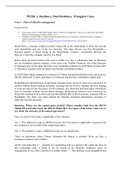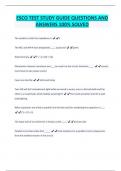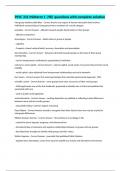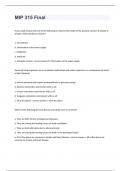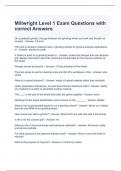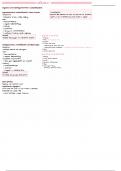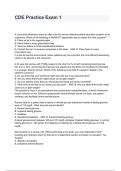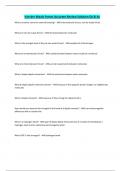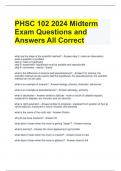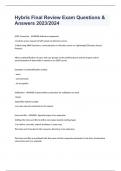College aantekeningen
Class notes International And European Tax Law (TAX4002)
Condensed version of all the tutorials of International and European Tax Law. In this document, you will find for each week: statements of case studies, personal answers completed based on the online tutorials and additional explanations found in the doctrine/in the case law.
[Meer zien]
